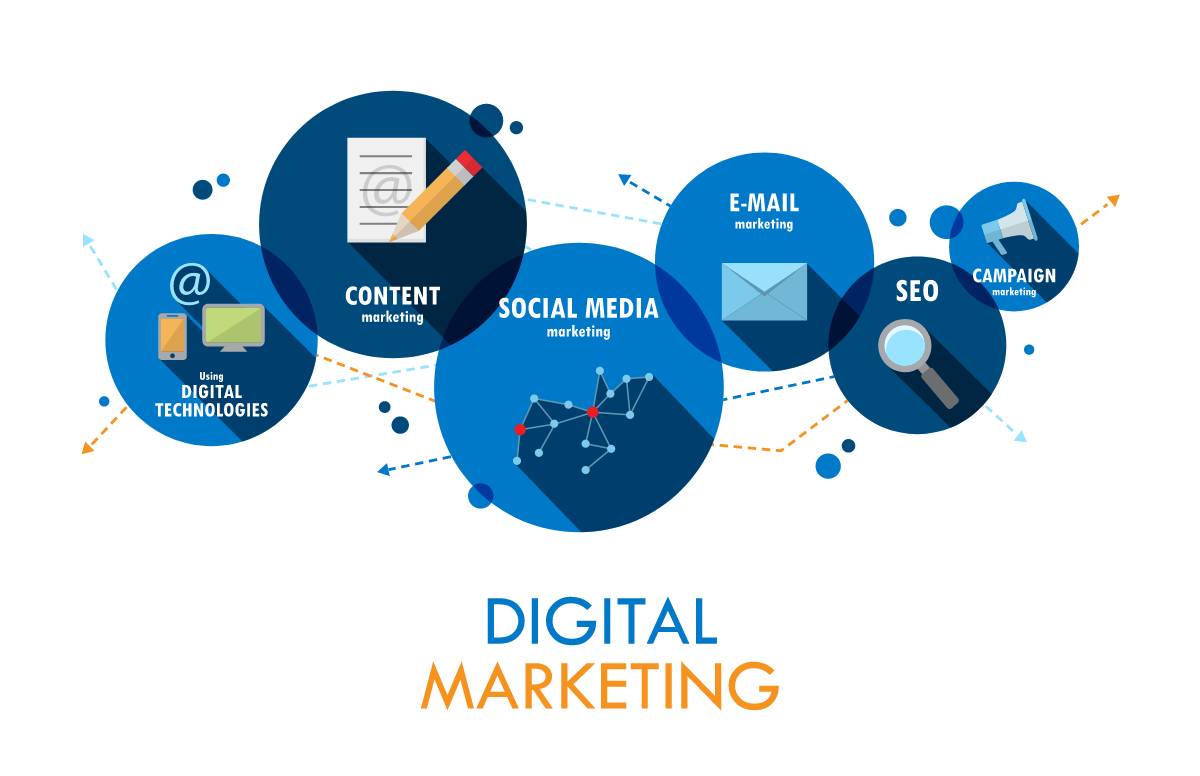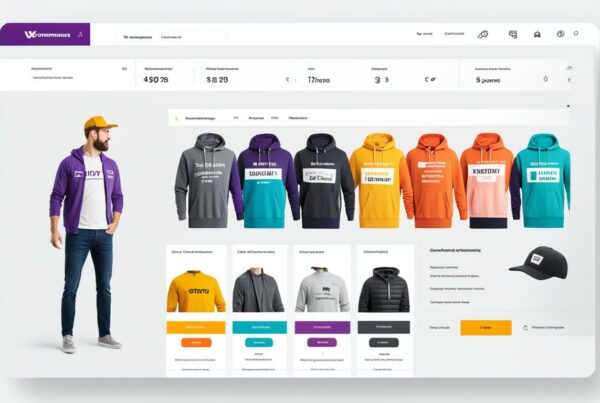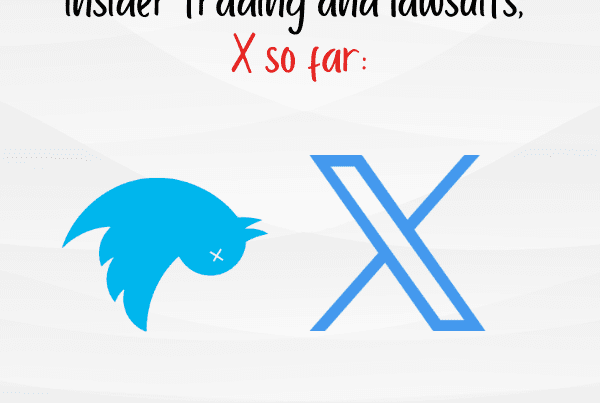It may surprise you to know that internet usage in the UK has not yet reached saturation point: according the latest government report, the number of adults using the internet grew by around 670,000 to 13.4 million in 2018. It’s a huge market and it’s still growing.
Digital marketing is concerned with accessing these 13 million+ potential consumers
Like its older analogue cousin, digital marketing is a vast subject, even when broken down into seven component areas:
1. Search Engine Optimisation (SEO)
2. Website design
3. Content Marketing
4. Social Media Marketing
5. Pay Per Click (PPC)
6. Email Marketing
7. More…
SEO – of every hue.
Unsurprisingly, there are a lot of websites competing to influence and make sales. As of January 2019 there were 1.94 billion sites for each consumer to choose from. Without some sort of categorisation and grading system in place it would be nearly impossible for readers and customers to find reliable sources of information, goods or services among the chaos of the Web.
This is where search engines come in. The largest in the Western world is, of course Google, which largely governs access to customers online. You see, Google cares. A lot. About every aspect of every website you might visit.
Google cares whether lots of other people already like the site. If they do, Google is ready to think that maybe you might, too. If a website displeases Google it is demoted in the rankings. Given that around 75% of people will never scroll past the first page on a Google search, it is crucial to score highly on Search Engine Results Pages (SERPs). This is achieved via SEO – Search Engine Optimisation.
So, SEO is about hitting what makes Google happy and avoiding what incurs its displeasure. It is broken down into three areas:
On-page SEO
This deals with optimising the pages of a website, content, tags and HTML source code, etc., to rank higher on SERPS by answering the most common questions asked by readers searching for relevant goods or services.
It also covers fresh, rich content on the pages. This is a subject in itself: Content Marketing.
Off-page SEO
If a lot of other websites and social media pages have links to a website, Google realises that other people like the site and that makes Google happy: instant promotion in SERPs. However, those external links, known as backlinks, should come from sites that Google already likes to be considered of relevant quality.
This relates to and overlaps with Social Media Marketing
Technical SEO
If anything, Google cares too much. Not only is every website judged and ranked on on-page and off-page factors, but also on how long it takes to a load a web page, how many images it has and whether they are of the appropriate specification to render quickly – large file-size images slow down websites and make Google frown.
Security is a massive part of technical SEO: an SSL certificate (this gives your URL an HTTPS prefix) shows that your website is secure, encrypted and protected from cyber-attacks. Google used to reward SSL-certificated websites with a green padlock and a Secure label in the URL bar. HTTPS sites are now considered so much the norm that the label has been removed and the padlock has now faded to black, as part of its phased obsolescence. Now, any site without an SSL certificate is conspicuously flagged up as unreliable and vigorously demoted in SEO rankings.
Website design
Once a website has satisfied Google that it deserves to be seen, it needs to engage and captivate its readers to convert them to consumers.
It should be sleek, functional, fast to load and do everything flawlessly. It should have that added X factor to really stand out: it should be beautiful.
It should also be worth visiting and enticing to return to.
Content Marketing
To retain and encourage return visits to your website, rich content is essential. The pages on a site should seek to emulate the mission of Lord Reith, founder of the BBC: To educate, inform and entertain.
Blogs can draw visitors in for an absorbing read, while presenting the author as an authority in their field. Downloadable content provides the opportunity to harvest contact information for e-mailing lists.
Keywords relating to the site’s business or purpose, integrated to the content, will help maintain SERPs.
Social Media Marketing
The perfect way to get a dialogue going with your readers. Websites allow you talk to your customers: social media allows them to answer back.
Sites like Facebook, LinkedIn and Twitter are perfect for placing paid ads and running competitions, too.
Segmentation
A huge advantage is that ads and promotions may be customised: messages targeted to users based on data such as demographics, interests, and geographical location.
Advertising – Pay Per Click (PPC)
Skilfully deployed, PPC is highly effective and extremely efficient at ROI, as advertisers only pay when readers click through to read an ad.
Creating the ideal PPC ad can be complex and time-consuming but in the right hands it is particularly rewarding.
Email Marketing
As with Social Media Marketing, customers can be segmented and sent only promotions and information directly relevant and likely to interest each individual, making email marketing highly efficient.
And more…
We haven’t touched on other components of digital marketing and experts will forever dispute which merit a heading of their own and which should be subsumed as sub-sections.
Marketing automation takes a lot of leg work out of the task. Once segmented lists have been compiled, targeted messages can be sent automatically.
Inbound marketing is an umbrella term, covering Content, SEO, and social media marketing, while Online PR is about getting your name mentioned, favourably, in online media other than your own, as well as how you engage with comments on your online sites.
As we noted at the top of the article, Digital Marketing is a huge subject and we have barely touched on each component here. Subscribe to Internet Creations Blog to read further posts, dedicated to individual aspects.
Internet Creation Ltd. specialises in Web Design & Development, Graphics Design and Digital Marketing (SEO & PPC). For more information on how we can help your business, email [email protected].





